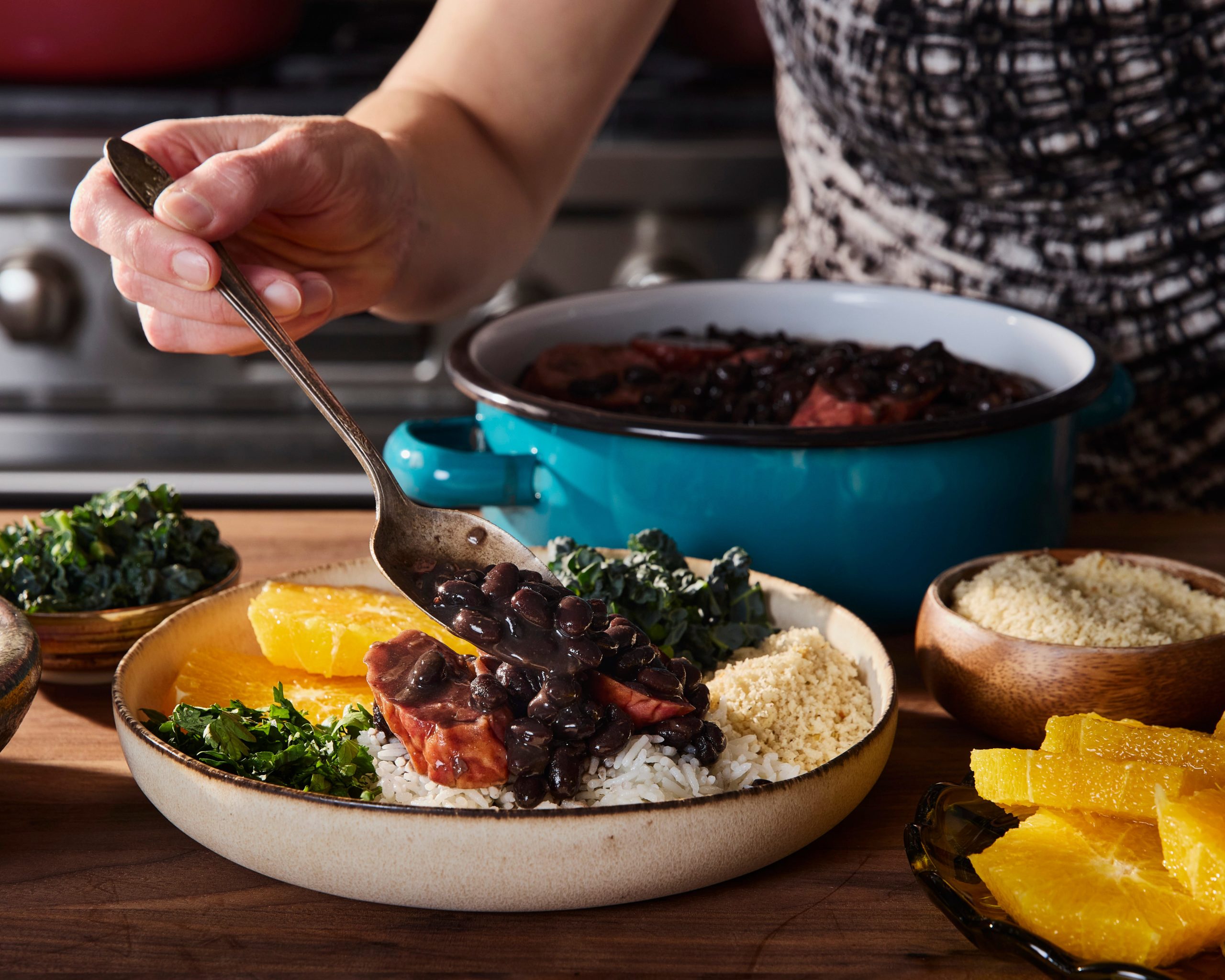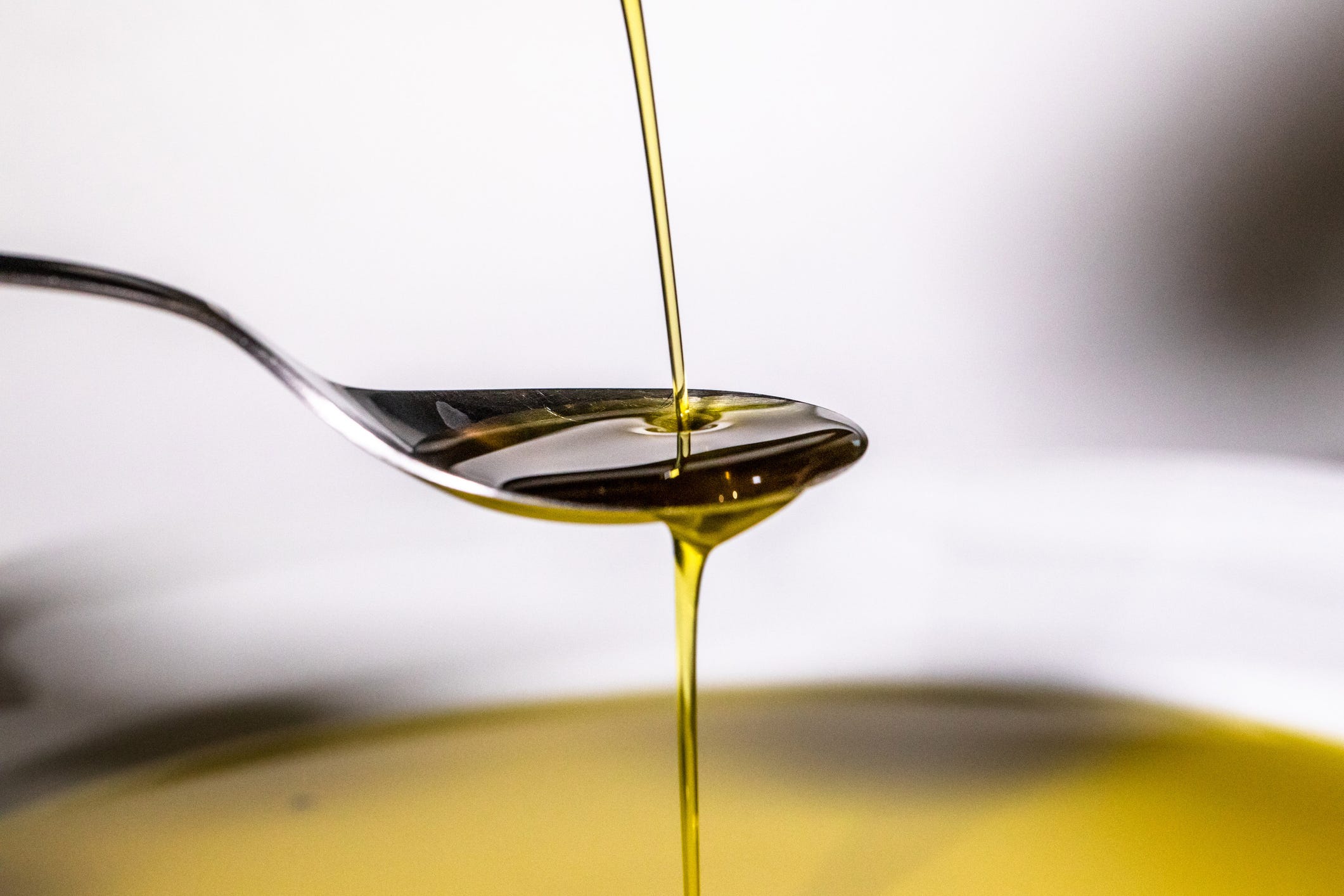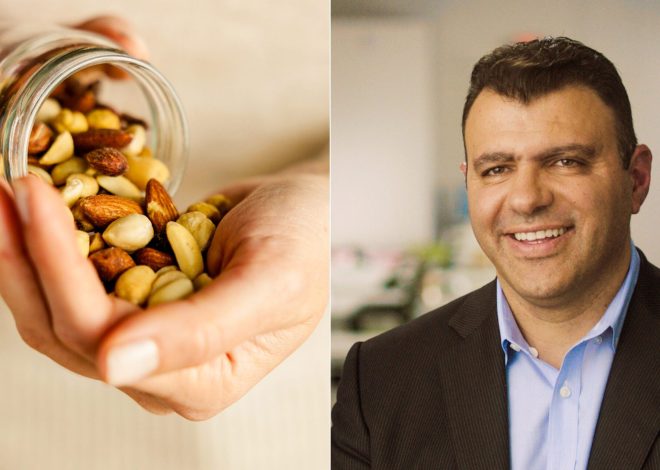
Longevity: You can find these 3 foods in every supermarket

Blue Zones researcher Dan Buettner considers some foods to be “powerful complements” for longevity.
Beans are rich in fiber and protein and have been linked to longer life expectancy among older people worldwide.
Walnuts are one of the few tree nuts with high levels of omega-3 fatty acids, which are good for the heart.
It’s a warm, sunny day in Beverly Hills. It feels like just about every major businessman and political advisor in the world has come to the Milken Institute’s annual global conference. Everyone here wants to know: “Can you live to be 100?” This is also the title of a six-person discussion group. This took place last Tuesday morning on the conference stage. And the hall was full. Panelists discuss how best to help people become healthier and to live longer. Businessman Peter Diamandis, founder of “XPRIZE”, is the most experimental among them. He told the listeners what he does to live a long life. He lifts weights and emphasizes protein in his diet. He also tries to sleep at least eight hours a night and takes rapamycin as well as quercetin and berberine supplements.
After hearing all this, researcher and journalist Dan Buettner addressed the audience. “I have two revolutionary supplements I want to tell you about,” he said. The audience laughed, realizing that the products he was about to recommend were probably not supplements at all. Rather, it is a matter of some basic components of a proven lifestyle.
Buettner has spent the last two decades exploring the world’s “Blue Zones.” These are supposed longevity hotspots where people live long, happy lives without major pharmacological interventions. In these regions, he found two cheap foods that are staples in many people’s diets: walnuts and beans. Aside from the “Blue Zones,” there is ample evidence from various studies around the world that support the health-promoting effects of these two ingredients.
Read too
Beans contain a lot of protein and satisfy cravings for snacks

Nico Schnico for BI
“If you want to take a dietary supplement, consume about 80 black beans per day,” says Buettner. Beans are a hearty, cheap, high-protein, belly-filling food that people in many of the world’s longevity hotspots favor at almost every meal. Buettner recommends consuming about a cup of beans per day. One of his favorite ways to eat more beans is to make Mediterranean minestrone soup in his slow cooker.
He points to a 2004 study that surveyed hundreds of older bean fans in Japan, Sweden, Greece and Australia. It found that people who ate more beans tended to live longer (a reduction in mortality of about seven percent per 20 grams of legumes). Other foods people consumed didn’t seem to have the same strong connection to longevity.
Walnuts are good for your “intestinal garden“

“If you don’t like beans, we also found that people who eat between 15 and 30 walnuts per day live about three years longer than people who don’t eat walnuts,” Buettner said. Walnuts are a popular nut among Seventh-day Adventists in Loma Linda, California, who routinely live about ten years longer than other Americans. Adventists also get creative with their walnuts, incorporating them into meatless breads for dinner or sprinkling them on their cereal in the morning.
Journalist Michael Pollan, who has been covering the health and environmental problems of our industrial food system for decades, also prefers walnuts as a healthy snack. Experts say eating nuts instead of nut butter is good for the “gut garden” (also called the microbiome) because it contains lots of fiber, which keeps the body going. Walnuts are also high in linoleic acid, an omega-3 fatty acid that is good for heart health and not very common in other nuts.
Read too
Olive oil is also a scientifically proven addition to your diet

Bloomberg Creative/Getty Images
“What about olive oil?” asked Diamandis Buettner, who seemed fascinated by the Blue Zone guru’s scientifically based nutritional recommendations. Buettner responded that he was “all for olive oil.” Olive oil is the favorite substance of biohacker tech bros like Bryan Johnson, who recently started selling his own pricey line of EVOO for $37 a bottle. However, experts say that cheaper oils from the corner store are sufficient.
Behind the hype is good research showing the benefits of regular olive oil consumption. Not only is olive oil linked to better heart health than butter, but there is also evidence that it may directly protect brain health by reducing inflammation and protecting the blood-brain barrier – and therefore our heads from one preserved some cognitive decline. A new 30-year study of more than 90,000 people in the United States has found that just one shot of olive oil per day can reduce the risk of dying from dementia by about 28 percent, even if the rest of your diet isn’t particularly healthy. “Olive oil shots!” Diamandis said with a smile.
Read the original article in English here.

Ethel Purdy – Medical Blogger & Pharmacist
Bridging the world of wellness and science, Ethel Purdy is a professional voice in healthcare with a passion for sharing knowledge. At 36, she stands at the confluence of medical expertise and the written word, holding a pharmacy degree acquired under the rigorous education systems of Germany and Estonia.
Her pursuit of medicine was fueled by a desire to understand the intricacies of human health and to contribute to the community’s understanding of it. Transitioning seamlessly into the realm of blogging, Ethel has found a platform to demystify complex medical concepts for the everyday reader.
Ethel’s commitment to the world of medicine extends beyond her professional life into a personal commitment to health and wellness. Her hobbies reflect this dedication, often involving research on the latest medical advances, participating in wellness communities, and exploring the vast and varied dimensions of health.
Join Ethel as she distills her pharmaceutical knowledge into accessible wisdom, fostering an environment where science meets lifestyle and everyone is invited to learn. Whether you’re looking for insights into the latest health trends or trustworthy medical advice, Ethel’s blog is your gateway to the nexus of healthcare and daily living.





